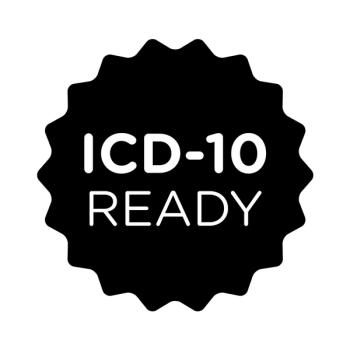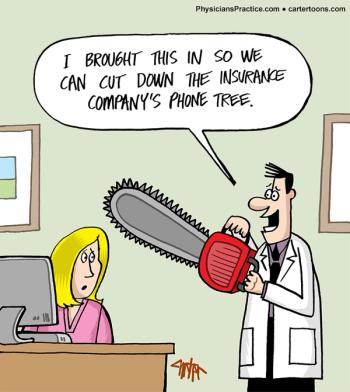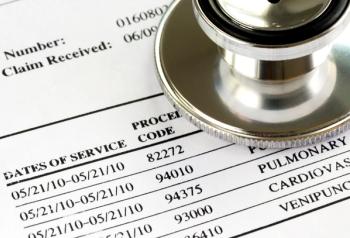
Helping patients manage multiple insurance plans with convoluted rules will improve their ultimate care, and also benefit your practice.

Helping patients manage multiple insurance plans with convoluted rules will improve their ultimate care, and also benefit your practice.

The upcoming coding change requires reimbursement monitoring by practices and perhaps a review of claims appeal processes as well.


Oct. 1 will be here before you know it. If you aren't ready for ICD-10, it's time to narrow your focus.

Medical billers can feel like game-show contestants when trying to collect payment from insurance companies.

Frustrated with the way your payers' communicate with your practice? Here's a novel solution.

When choosing between modifier 52 and modifier 53, ask yourself, "Why did the provider not complete the procedure or service?"

Practices that are not ready for ICD-10 will have to deal with significant issues, so it’s time for them to seek guidance from payers and others.

Despite various changes in the healthcare industry, payer negotiations can help your medical practice prosper - if you prepare and leverage your data.

Here are some diagnoses primary-care physicians should pay attention to in order to code correctly and get properly reimbursed.

Physicians are good at lots of things, but solving the issues of poverty isn't one of them.

WEDI's ICD-10 readiness survey paints an ugly picture for physician practice readiness. However, one expert said the situation may not be that bad.

Take a quiz on CPT codes, denials, CARCs, and other medical claims information, using data from the first quarter of 2015 provided by RemitDATA.

What is a payroll leap year and does it apply to you? Learn the critical details of this payroll topic and what you need to do to comply for your practice.

CMS recently offered new tools for the ICD-10 transition. But some providers are still floundering.

Insurers typically do not reimburse an E&M service and procedure performed on the same date of service. But, careful documentation can change that.

A recent study revealed that among practices within ACOs, individual physicians aren’t reaping financial benefits through higher compensation.

Here are 11 tips to ensure your practice will be on track for a successful ICD-10 transition come Oct. 1, 2015 and beyond.

Establish appropriate staff training for ICD-10 at your medical practice with a keen eye on your revenue cycle management.

We know healthcare is changing and will have to continue to change, but this shift will come gradually and need to be driven by a compelling reason.

Our coding expert discusses coding for low-level MDM; teaching physician requirements; referral confusion, and transitional care management.

Taming your practice's accounts receivable can feel very overwhelming. Here are some great tips to make that task nearly effortless.

While recent concessions made by CMS on the ICD-10 transition may relieve stress for practices making the transition, some say it’s not enough.

Can physicians stay independent in an increasingly challenging environment? Here are a few strategies to avoid physician employment.

Your practice's EHR contains a wealth of data. But are you using that data to help keep your patients healthy?